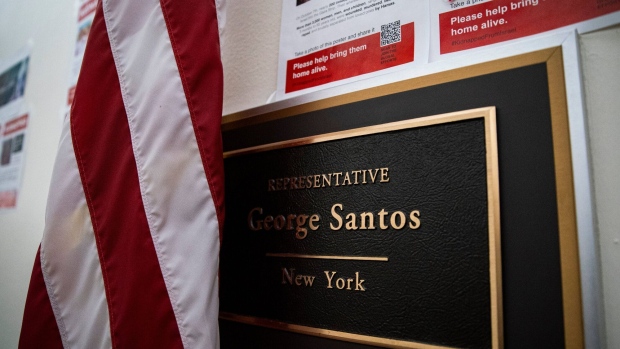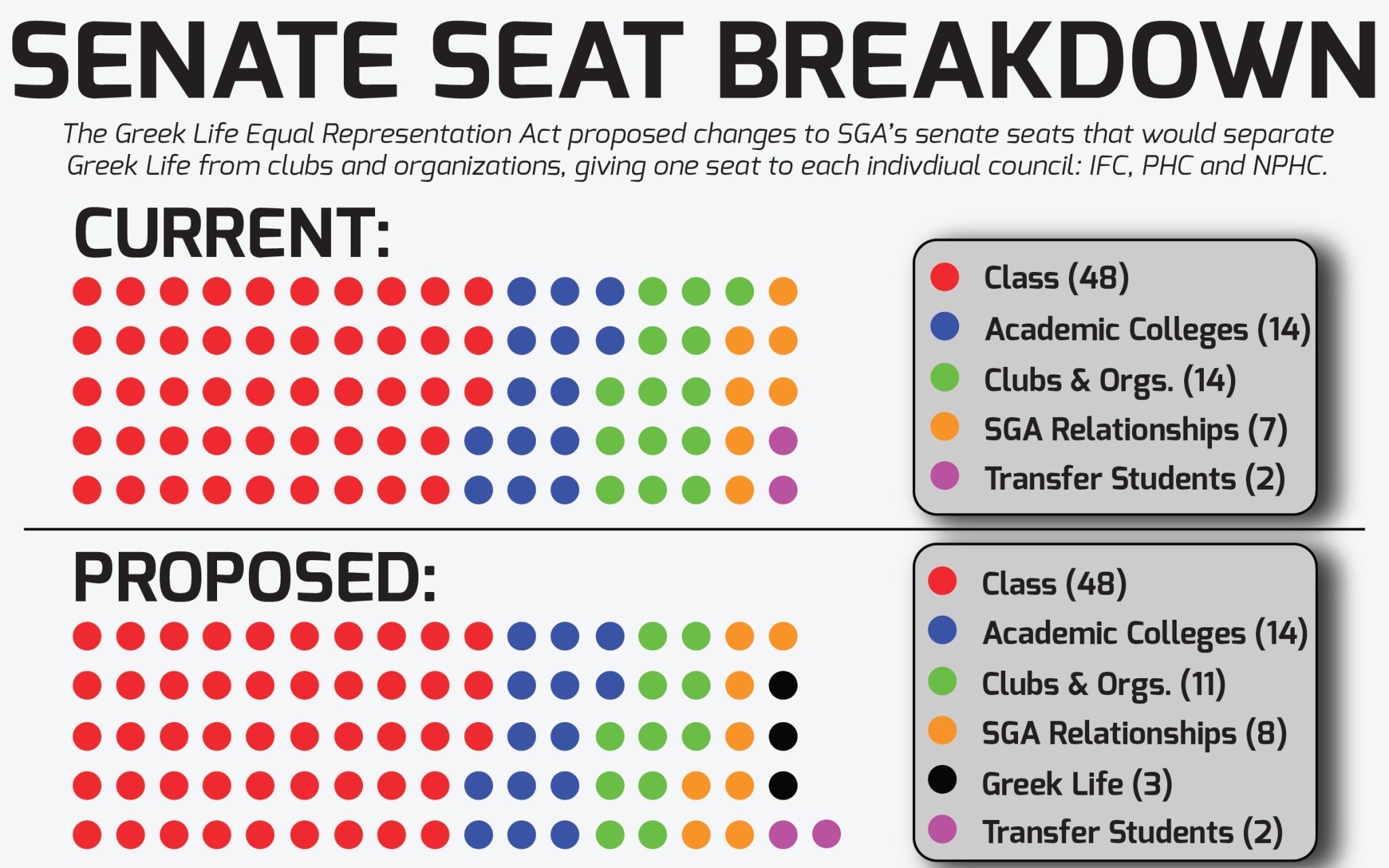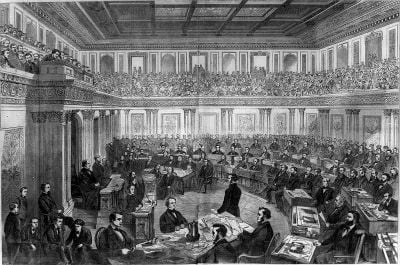Sizing Up the Senate: The Unequal Consequences of Equal

We take it for granted that every state has two representatives in the United States Senate. Apply the "one person, one vote" standard, however, and the Senate is the most malapportioned legislature in the democratic world.But does it matter that California’s 32 million people have the same number of Senate votes as Wyoming’s 480,000? Frances Lee and Bruce Oppenheimer systematically show that the Senate’s unique apportionment scheme profoundly shapes legislation and representation. The size of a state’s population affects the senator-constituent relationship, fund-raising and elections, strategic behavior within the Senate, and, ultimately, policy decisions. They also show that less populous states consistently receive more federal funding than states with more people. In sum, Lee and Oppenheimer reveal that Senate apportionment leaves no aspect of the institution untouched.This groundbreaking book raises new questions about one of the key institutions of American government and will interest anyone concerned with issues of representation.

Full article: Governed by Experience: Political Careers and Party Loyalty in the Senate

Democracy Forum Archive

The Page 99 Test: Frances E. Lee's Insecure Majorities

George Santos's Ouster Sets Up Crucial House Race in New York

US Government and Civics - Khan Academy Flashcards

Legislature Size and Non-Elite Populations Theory and Corroborating Evidence

How to support the fight for equal pay

Unequal representation – The Appalachian

United States Senate - New World Encyclopedia

Sizing Up the Senate: The Unequal Consequences of Equal

The Party or the Purse? Unequal Representation in the US Senate

Small states are getting a much bigger say in who gets on Supreme Court